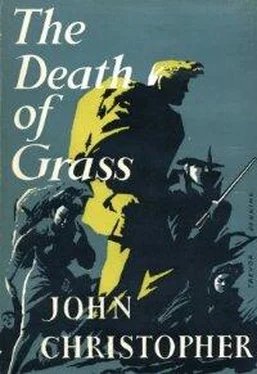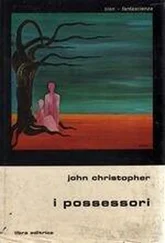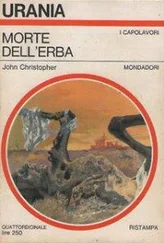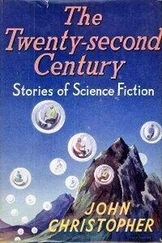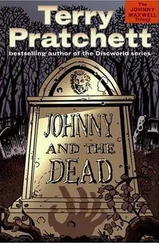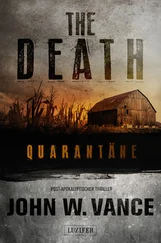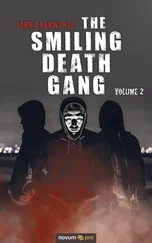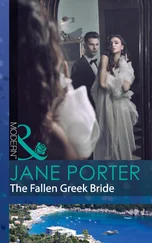“By God!” Roger said. “That’s not the gaff they’re blowing {102} 102 blowing the gaff: revealing a secret (slang)
—they’re blowing the top off Vesuvius {103} 103 Vesuvius: active volcano near Naples in Italy
.”
“The people of London,” the voice went on, “refuse to believe that Englishmen will carry out Welling’s scheme for mass-murder. We appeal to the Air Force, who in the past have defended this city against her enemies, not to dip their hands now into innocent blood. Such a crime would besmirch not only those who performed it, but their children’s children for a thousand years.
“It is known that Welling and the other members of this bestial Cabinet have gone to an Air Force base. We ask the Air Force to surrender them to face the justice of the people.
“All citizens are asked to keep calm and to remain at their posts. The restrictions imposed by Welling on travel outside city boundaries have now no legal or other validity, but citizens are urged not to attempt any panic flight out of London. The Emergency Committee is making arrangements for collecting potatoes, fish, and whatever other food is available and transporting it to London, where it will be fairly rationed out If the country only shows the Dunkirk spirit {104} 104 Dunkirk (spirit): typifying the courage of all those who saved the British Expeditionary Force in France in 1940 when it was overrun by the Germans. They were evacuated in all the small boats that could be mustered.
, we can pull through. Hardship must be expected, but we can pull through.”
There was a pause. The voice continued:
“Stand by for further emergency bulletins. Meanwhile we shall play you some gramophone records.”
Roger turned off his set. “Meanwhile,” he said, “we shall play you some gramophone records. I never believed that story of Nero {105} 105 Nero: Roman Emperor (AD 37–68), said to have fiddled while Rome burned. A brutal tyrant.
and his fiddle until now.”
Millicent Pirrie said: “It was true, then—what you said.”
“At least,” Pirrie said, “the story has now received wide circulation. That’s much the same thing, isn’t it?”
“They’re mad!” Roger said. “Stark, raving, incurably mad. How Welling must be writhing.”
“I should think so,” Millicent said indignantly.
“At their inefficiency,” Roger explained. “What a way to carry on! At my guess, the Emergency Committee’s a triumvirate, and composed of a professional anarchist, a parson, and a left-wing female schoolteacher. It would take that kind of combination to show such an ignorance of elementary human behaviour.”
John said: “They’re trying to be honest about things.”
“That’s what I mean,” Roger said. “I know I speak from the exalted wisdom of an ex-Public Relations Officer, but you don’t have to have had much to do with humanity in the mass to know that honesty is never advisable and frequently disastrous.”
“It will be disastrous in this case,” Pirrie said.
“Too bloody true, it will. The country faces starvation—things are in such a state that the Prime Minister decided to wipe the cities out—the Air Force would never do such a thing, but all the same we appeal to them not to—and you can leave London but we’d rather you didn’t! There’s only one result news like that can have: nine million people on the move—anywhere, anyhow, but out.”
“But the Air Force wouldn’t do it,” Olivia said. “You know they wouldn’t.”
“No,” Roger said, “I don’t know. And I wasn’t prepared to risk it. On the whole, I’m inclined to think not. But it doesn’t matter now. I wasn’t willing to take a chance on human decency when it was a matter of hydrogen bombs and famine—do you seriously imagine anyone else is going to?”
Pirrie remarked thoughtfully: “That nine million you spoke of refers to London, of course. There are a few million urban dwellers in the West Riding as well, not to mention the northeastern industrial areas.”
“By God, yes!” Roger said. “This will set them on the move, too. Not quite as fast as London, but fast enough.” He looked at John. “Well, Skipper, do we drive all night?”
John said slowly: “It’s the safest thing to do. Once we get beyond Harrogate we should be all right.”
“There is the question of route,” Pirrie suggested. He spread out his own road-map and examined it, peering through the gold-rimmed spectacles which he used for close work. “Do we skirt Harrogate to the west and travel up the Nidd valley, or do we take the main road through Ripon? We are going through Wensleydale still?”
John said: “What do you think, Roger?”
“Theoretically, the byways are safer. All the same, I don’t like the look of that road over Masham Moor.” He looked out into the swiftly dusking sky. “Especially by night If we can get through on the main road, it would be a good deal easier.”
“Pirrie?” John asked.
Pirrie shrugged. “As you prefer.”
“We’ll try the main road then. We’ll go round Harrogate. There’s a road through Starbeck and Bilton. We’d better miss Ripon, too, to be on the safe side. I’ll take the lead now, and you can bring up the rear, Roger. Blast on your horn if you find yourself dropping behind for any reason.”
Roger grinned. “I’ll put a bullet through the back of Pirrie’s tin Lizzy as well.”
Pirrie smiled gently. “I shall endeavour not to set too hot a pace for you, Mr Buckley.”
The sky had remained cloudless, and as they drove to the north the stars appeared overhead. But the moon would not be up until after midnight; they drove through a landscape only briefly illuminated by the headlights of the cars. The roads were emptier than any they had met so far. The rumbling military convoys did not reappear; the earth, or tumultuous Leeds, had swallowed them up. Occasionally, in the distance, there were noises that might have been those of guns firing, but they were far away and indeterminate. John’s eye strayed to the left, half expecting to see the sky burst into atomic flame, but nothing happened. Leeds lay there—Bradford, Halifax, Huddersfield, Dewsbury, Wakefield, and all the other manufacturing towns and cities of the north Midlands. It was unlikely that they lay in peace, but their agony, whatever it was, could not touch the little convoy speeding towards its refuge.
He was terribly tired, and had to rouse himself by an act of will. The women had been given the duty of keeping their husbands awake at the wheel, but Ann sat in a stiff immobility with her eyes staring into the night, saying nothing, and paying attention to nothing. He fished, one-handed, for the benzedrine pills Roger had given him, and managed to get a drink of water from a bottle to swill them down.
Occasionally, driving uphill, he looked back, to ensure that the lights of the other two cars were still following. Mary lay stretched out on the back seat, covered up with blankets and asleep. Even though brutality used towards the young, by reason of their defencelessness, provoked greater anger and greater pity, it was still true that they were resilient. Was the wind tempered to the shorn lamb? He grimaced. All the lambs were shorn now, and the wind was from the north-east, full of ice and black frost.
They skirted Harrogate and Ripon easily enough; their lights showed that they still had electricity supplies and gave them a comforting civilized look from a distance. Things might not be too bad there yet, either. He wondered: could it all be a bad dream, from which they would awaken to find the old world reborn, that everyday world which already had begun to wear the magic of the irretrievably lost? There will be legends, he thought, of broad avenues celestially lit, of the hurrying millions who lived together without plotting each other’s death, of railway trains and aeroplanes and motor-cars, of food in all its diversity. Most of all, perhaps, of policemen—custodians {106} 106 custodians: policemen, guardians
, without anger or malice, of a law that stretched to the ends of the earth.
Читать дальше
